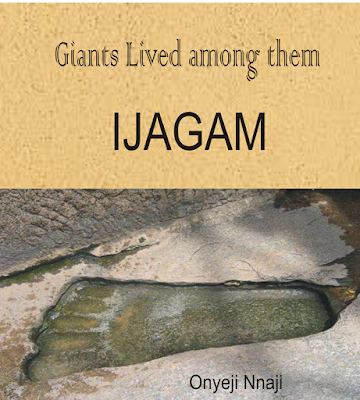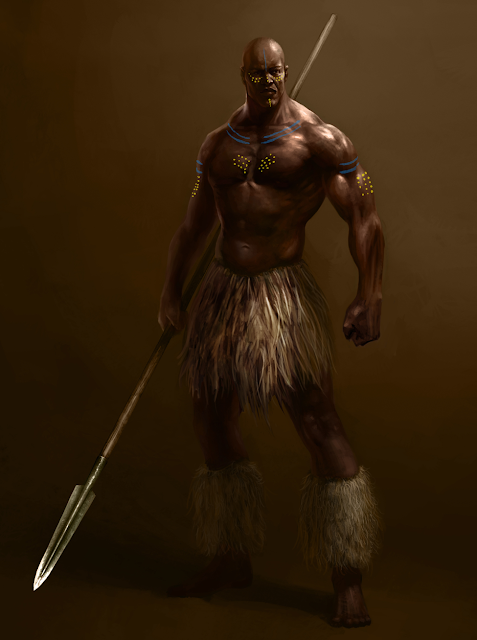SECRETES NOT KNOWN ABOUT THE NIGERIAN COAT OF ARM - Onyeji Nnaji

HOW BRITON SOLD NIGERIANS TO PERPETUAL REPRESSION by Zumba Your country needs you for the rebuilding of your shattered homeland. Your homeland ruined by exploitation. The tyrants of foreign nations (George Patmore). Reading the excellent publication of Walter Rodney, How Europe Underdeveloped Africa, immediately reminds us of certain past which Africa once had, but does not have it again because of her marriage to Europe. In an interview, the Nigerian Achebe summarised the African situation as a loss. In his words, The European invasion resulted in Africans losing their “grip over history”. It also led to their losing “their memory of Africa”, a massive loss since “the past” is all we have (Speech, 63). The Europeans came to Africa with the primary intention to colonize Africa. Bu


